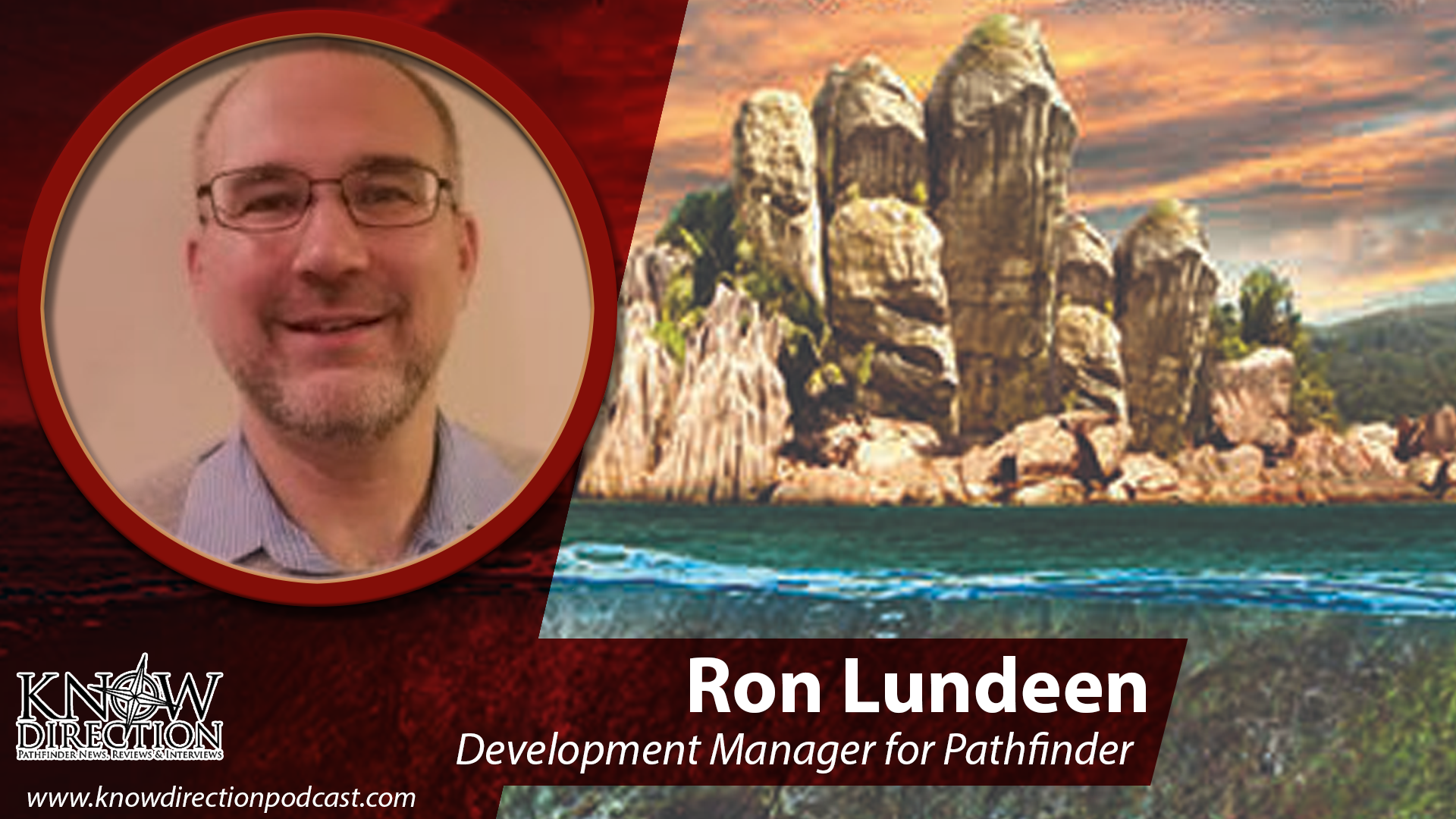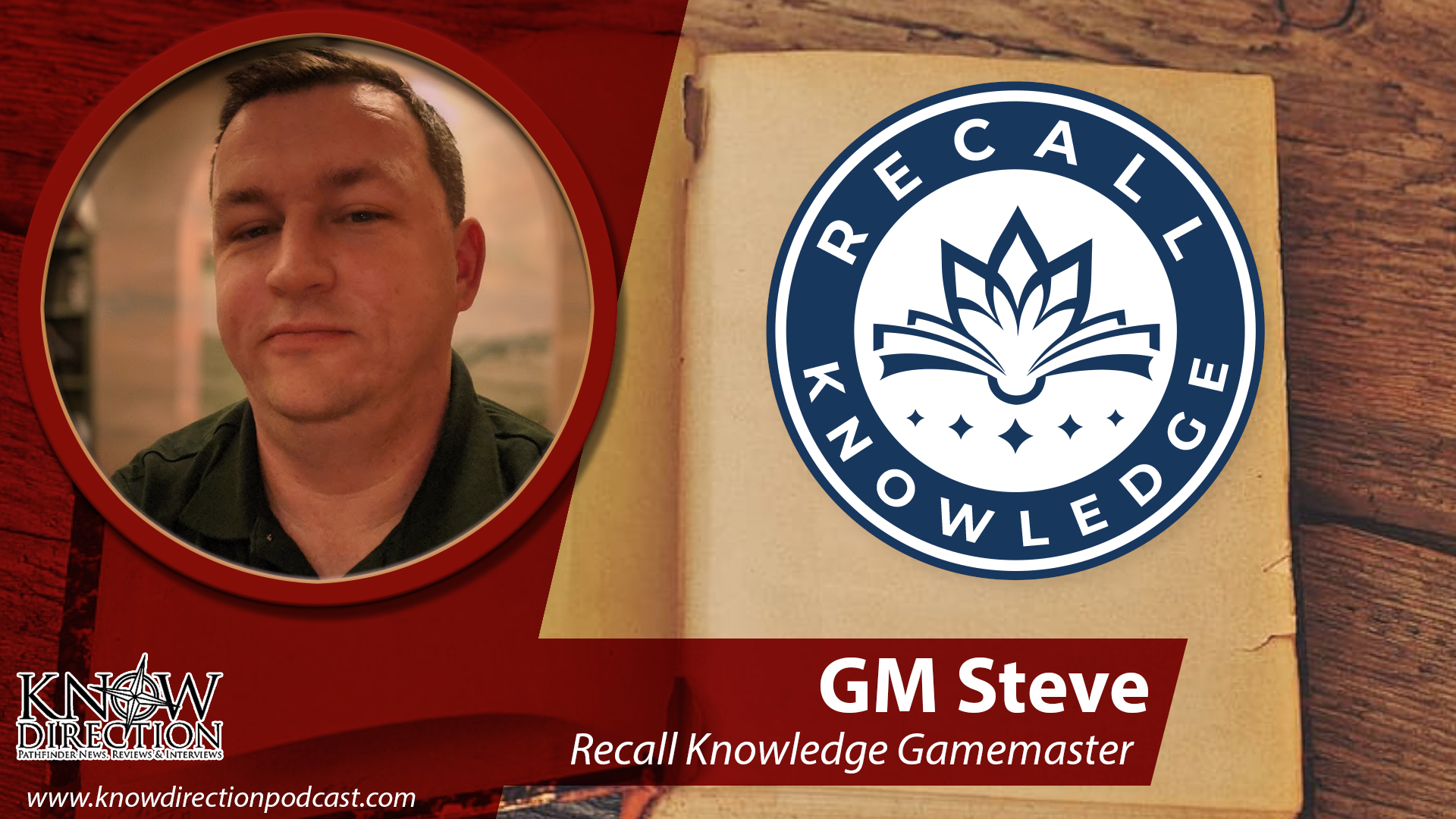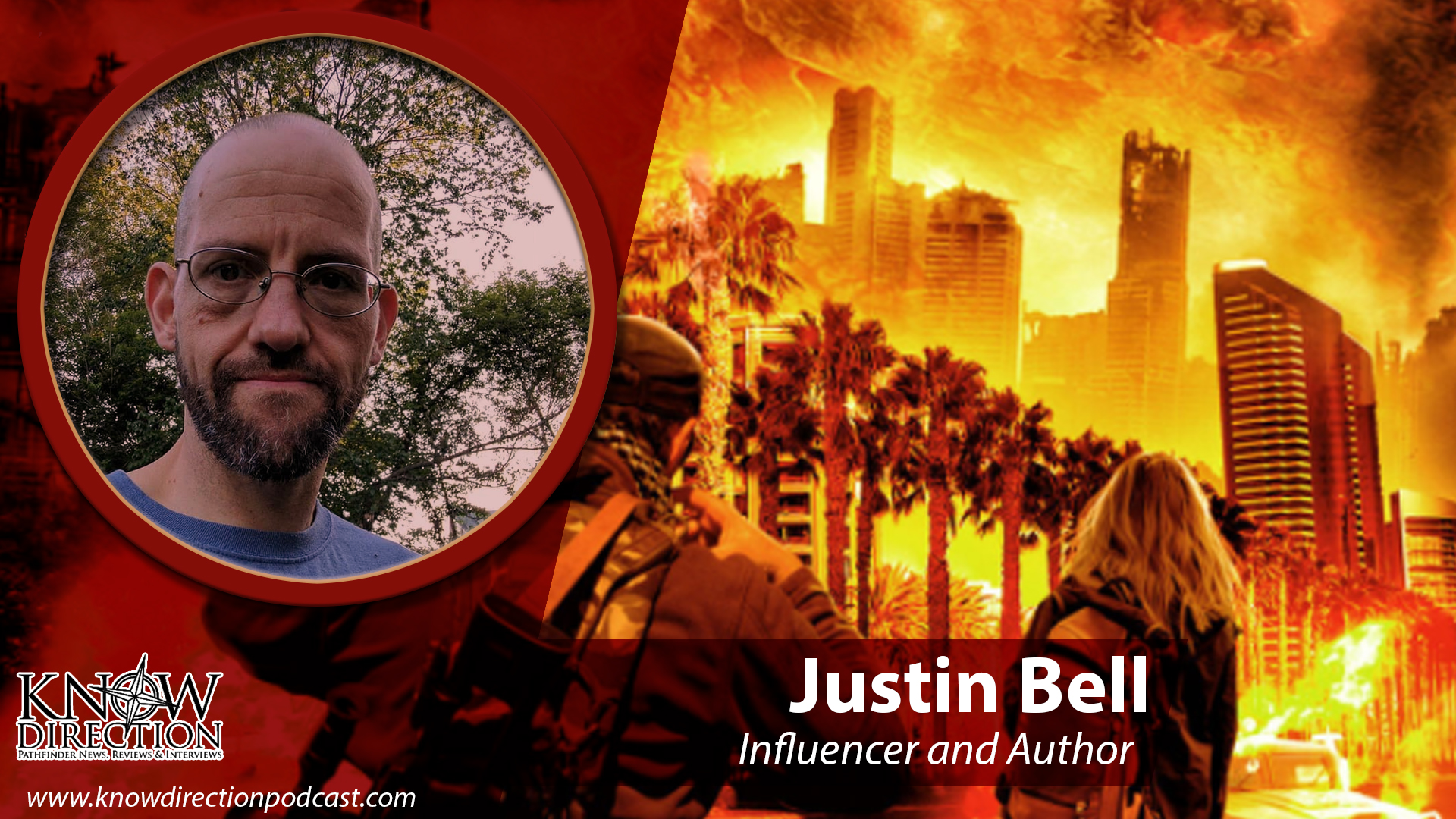I’ve seen the son of one of my close friends grow from a toddler into college student. Very likely because he grew up as the son of tabletop RPG gamers, he’s been a gamer his whole life. I remember playing at a GenCon table with him when he was a kid, insisting that the best course is to burn down the tower full of enemies rather than go in and fight them one at a time.
Now that’s he’s in college, he’s looking at future career options. He’d very much like a career in tabletop RPG writing, but he’s not sure how to start. I agreed to help mentor him throughout the upcoming academic year, meeting on a weekly or bi-weekly basis to impart what I know. I put down a schedule for this to help me stay focused and get him some solid grounding. If you’re interested in breaking into this industry, it might help you!
There’s No One Path
If you ask ten game industry professionals how they got their jobs, you’ll get ten very different stories. Although clear writing is critical, not all gamers are English majors with a minor in Creative Writing. Industry professionals come from all backgrounds: teaching, AI design, editing, farming, banking, and more. I was a lawyer before getting into this career, with an undergraduate degree in math and graduate work in ancient history. There’s no need to sweat much about your college major or specific college classes you take, other than you should be sure to focus on writing. Not only will writing classes help prepare you for writing correctly—putting em-dashes in the right place, for example—but it will give you practice in being judged on your writing. You must absolutely learn to be criticized for what you write. Getting graded helps with that. I remember that I was crushed when a professor in my graduate-level history class told me a draft paper I’d turned in was inconsistent in theme, scattershot in research, and substandard even compared to her undergraduates. She told me I needed to do better, and where I needed to buttress my lazy research. I went off to the library to do just that, determined to improve. I think that’s the point at which I stopped being offended when people offer constructive criticism and learned to take that criticism and improve.
Task
Throughout the year, describe classes where your writing is graded or judged by peers. Provide summaries of this feedback and what you did in response.
Know That It’s Work
Stephen King has a lot of great things to say about writing, and one of my favorite quotes of his is, “Amateurs sit and wait for inspiration, the rest of us just get up and go to work.” Breaking into the tabletop industry is work, and you’ll spent a lot of time having to dig into projects you might not prefer. I don’t particularly enjoy Asian-themed fantasy, but when one of my writing assignments had a component to create wuxia monk feats, I did a little research and sat down to write them anyway. I found them quite fun, once I dug in. The key isn’t to write things you love; it’s to love whatever you write. Getting into the details of making a feat description clear or a settlement description evocative, whether it was something you fought to write or something assigned to you because you were available and it needed writing, you need to enjoy the task. Getting used to that takes some work.
Task
Read Stephen King’s “On Writing: A Memoir of the Craft” as your schedule throughout the year allows.
You Need to Play
Some writers get so caught up in spending their time writing that they let their home games falter. There are only so many hours in a day, after all, and writing is advancing your career while gaming is just hanging out with friends, right? No! Gaming is how you get a deep, practical understanding of a game’s mechanics, the ebb and flow of its storytelling, and the presentation of its game materials. I’ve seen my own writing wither when I put gaming on hold; I can tell it’s becoming a bit more derivative and repetitive, and it feels more like work. When I started incorporating gaming again, my writing flourished. That taught me that playing games is a critical component of writing games. Of course, you should play the systems you’re writing for to get the best effect, but playing any kind of tabletop RPG makes you a better writer in any tabletop RPG system.
Task
Play games, but do so with discipline. Keep a journal of your gaming throughout the year. Within a day or so after every game, take at least half an hour to write about what worked or what didn’t in the game, and why. If there was an unsatisfying chase scene, describe why it was unsatisfying. In there was a fun investigation, jot down what made it so fun. Share this journal.
You Need to Read
Read game materials for fun. This doesn’t just go for materials you need to prep for your games, but other materials and other game systems, too. The only way to internalize a sense of the voice and structure game companies produce is to read the materials they’ve put out. You should focus this reading on games you want to write for, but reading lots of different games helps tune your mind.
Task
Keep a note of your game reading in your journal. Note anything you found to be particularly compelling or clever in its presentation, and what you found awkward.
You Need to Write
The best and most concise advice to becoming a writer is to write, write, write. That’s true for tabletop RPG writing, too. You should always have at least one project in at least some stage of completion, even if it’s just something you’re writing for yourself (“for yourself” doesn’t need to ever see the light of day, but you’re probably better off publishing it as an independent third-party publisher or on a blog, as that’s so easy to do). It’s even better to have multiple projects in all stages of writing—concepting, drafting, editing, and putting into a publication-ready format. A key sign of an amateur is someone who doesn’t do all these things: someone who’s constantly concepting but never drafting, for example. Complete projects you start whenever you can, because the process of carrying a project from start to finish is critically important to being a professional. You should also write diligently and consistently, because you can get out of practice very, very quickly.
Task
Write all the time. Log the game writing you’re doing when it moves from stage to stage. Anything that you move to the final stage (publication-ready format), have someone you trust look it over for comments, then put it up on a gaming blog or publish it as a 3PP. Aim to complete at least one product a month this way.
You Need to Network
This is the task many aspiring game industry professionals dread, and that’s mostly because it’s the task they know the least about. Getting accepted to write anything requires having someone agree to pay you to write. There are plenty of people asking professionals like me if they can write things for me; I don’t usually need to go looking. That means I don’t need to find you. You need to find me. Reaching out to industry professionals almost always requires introducing yourself through email or in person at a convention. Explain who you are, what excites you, and any interesting personal history you have (like being a compulsive fan of mobster biographies or having participated in an archeological dig). You should point to things you’ve written (again, with a preference to the same system you’re asking to write for, but that’s not strictly necessary). At first, this will be your self-published stuff; as soon as you get your first actual writing assignment, you’ll point to that when seeking future writing assignments. Eventually, you won’t point to your self-published stuff at all to get work (unless you really want to, as with the great material provided on the blog at RunAmokGames.com).
Task
There’s a reason this step is last. You should be actively involved in playing and reading games, particularly of the game your prospective contacts are immersed in, so they know you wouldn’t be starting from an empty void of knowledge. We’ll focus on this in the latter half of the academic year, but prepare to attend conventions (virtual ones, or in-person ones when safe) where you’re able.






